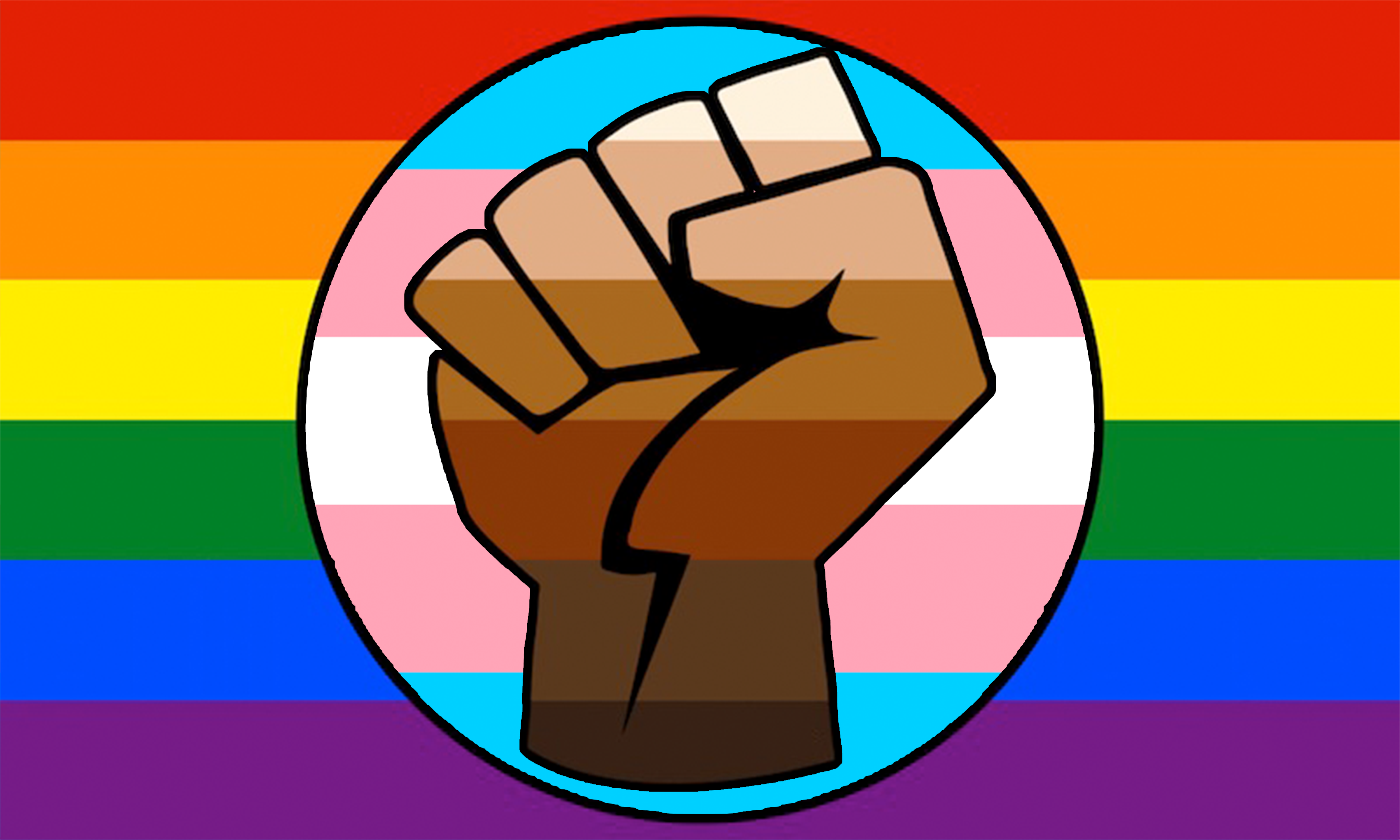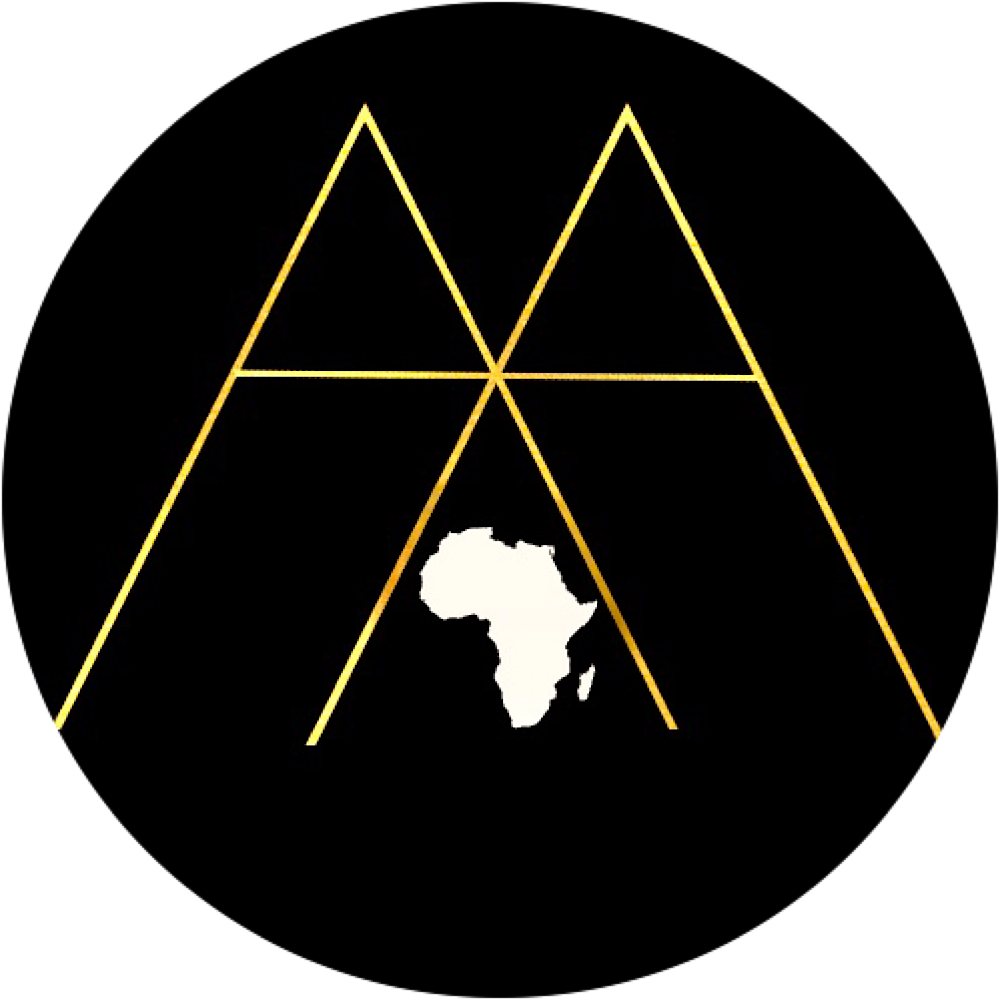(5 mins read)

Homophobia: Africa's Colonial Burden
“God made Adam and Eve not Adam and Steve”, “Gay people are possessed by demons” “Why would you choose to be gay? It’s unnatural”, “Being Gay is for white people, Africans aren’t gay”.
These are some of the things Gay Africans have to hear throughout their lives on the continent. Though some countries (like Botswana) are more liberal. Many African countries still have the wretched smell of homophobia lingering on from their colonial oppressors.
So what caused this?
Well prior to European colonisation, throughout the African continent, there was generally a more relaxed attitude towards sexual orientation and gender identity.
A tactic the Europeans used to dominate the African ethnic groups was through the introduction of Christianity or as they would call it “civilisation” which helped in erasing African cultures and believes. One of them being their believes in gender and sexuality. The reason this is so problematic is that many African countries still uphold this anti-gay legislation in the name of religion.
Where is the evidence that Africans were gay?
Evidence of gay Africans can be traced as far back as 2400 BC! Tombs have been excavated in ancient Egypt with two men’s bodies Niankhkhnum and Khnumhotep embracing each other as lovers.
Ancient Egyptians, similar to other civilisations at the time acknowledge a third gender and Many deities were portrayed androgynously, and goddesses such as Mut (the goddess of Motherhood; lit. translation Mother) and Sekmeht (goddess of war) are often depicted as women with erect penises.
But that’s the north! We are talking about “black” Africans!
Well, this enlightenment was not unique to Egypt or this time period. In the 16th century, the Imbangala people of Angola had “men in women’s apparel, with whom they kept amongst their wives. In Fact, Queen Nzinga was an openly gay monarch who ruled Angola in the 17th century and defeated the Portuguese multiple times from her kingdom. She dressed as a man and had multiple husbands and wives.
In Uganda, they had an openly gay monarch named King Mwanga II of Buganda in the 19th century. He also actively opposed Christianity and colonialism.
The Igbo and Yoruba tribes, found mostly in present-day Nigeria, did not have a binary of genders and typically did not assign gender to babies at birth, and instead waited until later life.
Furthermore, the Bori tribe of the pre-Islamic Hausa ethnic group had a term for men who are like women. They were called ‘dan daudu’, they were not discriminated against and were encouraged to openly express themselves.
Similarly, the Dagaaba people (present-day Ghana) assigned gender not based on one’s anatomy, but rather on the energy one presents. In the royal palaces of Northern Sudan, daughters were sometimes given slave girls for sex.
And so much more! For centuries, across the African continent, there was a completely different attitude towards sexual and gender identities. Many African countries did not see gender as a binary in the way that their European colonisers did, nor did they correlate anatomy to gender identity.
In no African country prior to colonisation was there any persecution of LGBT individuals because of their sexuality, nor any anti-LGBT laws.
The effects on Modern Anti- Gay Laws
Many African countries still have their colonial laws and even the ones that don’t still have cultural objections to them. African countries have a long way to go in unlearning the colonial myth about homosexuality.

Credit: Wikipedia
Of the 72 countries worldwide that criminalize homosexuality, 32 of them are in Africa, where punishments range from imprisonment to the death penalty in countries such as Mauritania and Sudan. More than half of these are former British colonies where colonial administrators introduced laws prohibiting “unnatural acts”.
Africans are among the world’s most religious people. Around 93% of sub-Saharan Africans are either Christian (63%) or Muslim (30%), making the continent the most religious in the world. These beliefs influence many facets of people’s lives, including their attitudes to LGBTQ+ communities. Most religious texts say that homosexuality is problematic and is against the will of the higher powers that be,
There is a direct correlation between countries that belong to the Commonwealth and therefore have previously been under British rule and countries that still have homophobic and/or transphobic legislature in their constitutions. 25 per cent of the world’s population (2.4 billion people) currently live in a country belonging to the Commonwealth, however, they make up a disproportionately large 50 per cent of countries that still criminalise homosexuality.
Colonisation and the spread of fundamentalist Christian attitudes from the British meant that much of Africa lost its previous cultural attitude towards sexual orientation and gender identity and were forced to adopt “new” values from British colonisers in the 19th and 20th centuries. Homophobia was legally enforced by colonial administrators and Christian missionaries. In 1910, Christians made up about 9 per cent of the population of sub-Saharan Africa; by 2010, the figure had leapt to 63 per cent.
Anti-LGBT laws were not only written into constitutions, but also into the minds of many African people, and after the passing of several generations, this has become dogma.
While many of the countries under British rule are now independent, the majority who still criminalise homosexuality, including Nigeria and Uganda, have carried over these laws from the colonial era. Generations later, many Africans now believe that an anti-gay attitude is one that is a part of their culture. So much so, that former Zimbabwean President Mugabe labelled homosexuality as a “white disease”.
Why is this harmful?
This is extremely harmful to Gay Africans as they are being attacked! There has been a sharp rise in homophobic related attacks across the continent with some countries not even recording such events as a hate crime it is very uncertain the true extent of this problem in Africa.
In Zimbabwe, a report found that 50% of gay men have experienced physical violence due to their sexual orientation and 27% of lesbians were disowned by their families.
In Uganda, there have been rising reports of “corrective rape” being inflicted on gay women to make them heterosexual. In South Africa, a survey found that 39% of LGBTQ+ people have been verbally assaulted and 10% have been physically assaulted due to their sexual orientation. it is estimated that 86% of black lesbians in South Africa have also been victims of “corrective rape”.
Many Gay Africans still have to live in fear as criminals have now found a way to profit off of “outing” gay people. Even in countries like Congo (Republic) where homosexuality was never outlawed, social attitudes remain ignorant with cases of police officers beating and banishing gay people from their communities.
With 4 out of 10 gay South Africans saying they know someone who has been murdered due to their sexual orientation, this problem cannot be ignored any longer.
Africans fighting back
In many countries, despite the legacy of colonisation, citizens are taking a more autonomous stance on LGBTQ+ legislature, with the queer communities taking the lead, instead of external pressures from the West.
Across the world, countries that have improved their LGBT rights records have done so because of the hard work, organising and leadership of local LGBT groups and communities, and the case of Africa is no different.
Enforcing top-down change from the West would do little to change the attitudes of Africans towards homosexuality; this is a struggle that must be led by local LGBT communities who know best what they need and how to fight for it.
Though homophobia is illegal in many African countries, Many LGBTQ+ people create their own safe spaces and organisations to help serve their communities.
Just as pride initially ignited due to protests spearheaded by Marsha P. Johnson in 1969. African Pride is a movement slowly catching on with governments gradually changing legislation.
Examples being in Angola, this March the government gave legal protection for gay people, defenders of LGBT rights. Going a step further, lawmakers gave gay and bisexual people legal protection against discrimination for their sexual orientation, making Angola one of only seven countries on the continent with some form of anti-discrimination provisions.
Several other African countries are making progress too. Botswana ruled to decriminalise homosexuality in 2019 and Gabon followed suit last year after weeks of heated debates.
How can you help
Like many issues in Africa, there needs to be a political push for change! So how can you help? Below is a list of a few charities and NGOs helping LGBTQ people in Africa please donate to support them in their fight and share so that others can donate too (add to the list below also in the comments below!).
- Freedom and Roam Uganda
- Gay and Lesbian Coalition of Kenya
- Centre for the Development of People
- Uganda Civil Society Coalition on Human Rights and Constitutional Law
- TIERS The Initiative for Equal Rights (Nigeria)
Keep up to date with LGBTQ+ activists (here are a few I know) like, follow and share their content to raise awareness on the issues facing their country (add to the list below also in the comments below!)
- Amanda Bosco (Uganda)
- Amavi Sitou (Togo)
- Wiem Askri (Tunisia)
- Dumiso Gatsha (Botswana)
- Abongile Matyila (South Africa)
- Fokeerbux Ahmad (Mauritius)
- Ifeatu Nnaobi (Nigeria)
- Junior Basosila (Congo)
Please do share this blog and help to make African Pride happen in our lifetime.
Top Posts & Pages
- 5 cool places to visit in Guinea: Conakry
- Conakry, Guinea - Ultimate Guide
- Home
- 8 incredible things to do in Freetown, Sierra Leone - Travel Blog
- About
- The Top 5 Cultural and Historical countries in West Africa
- Madagascar - A 2026 Travel Guide
- Mauritius - A 2026 Travel Guide
- Sierra Leone - A 2026 Travel Guide
- South Africa - A 2026 Travel Guide
Have a story? Would you like to be a writer for our platform? If so, Contact us below
Blog Stats
- 28,913 hits
